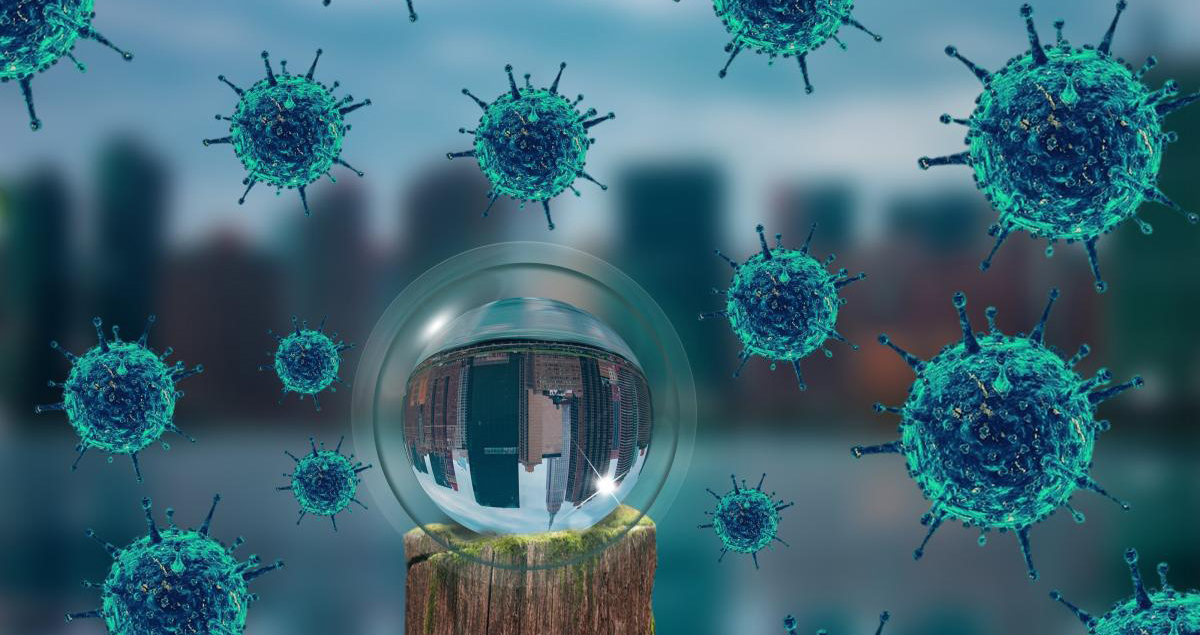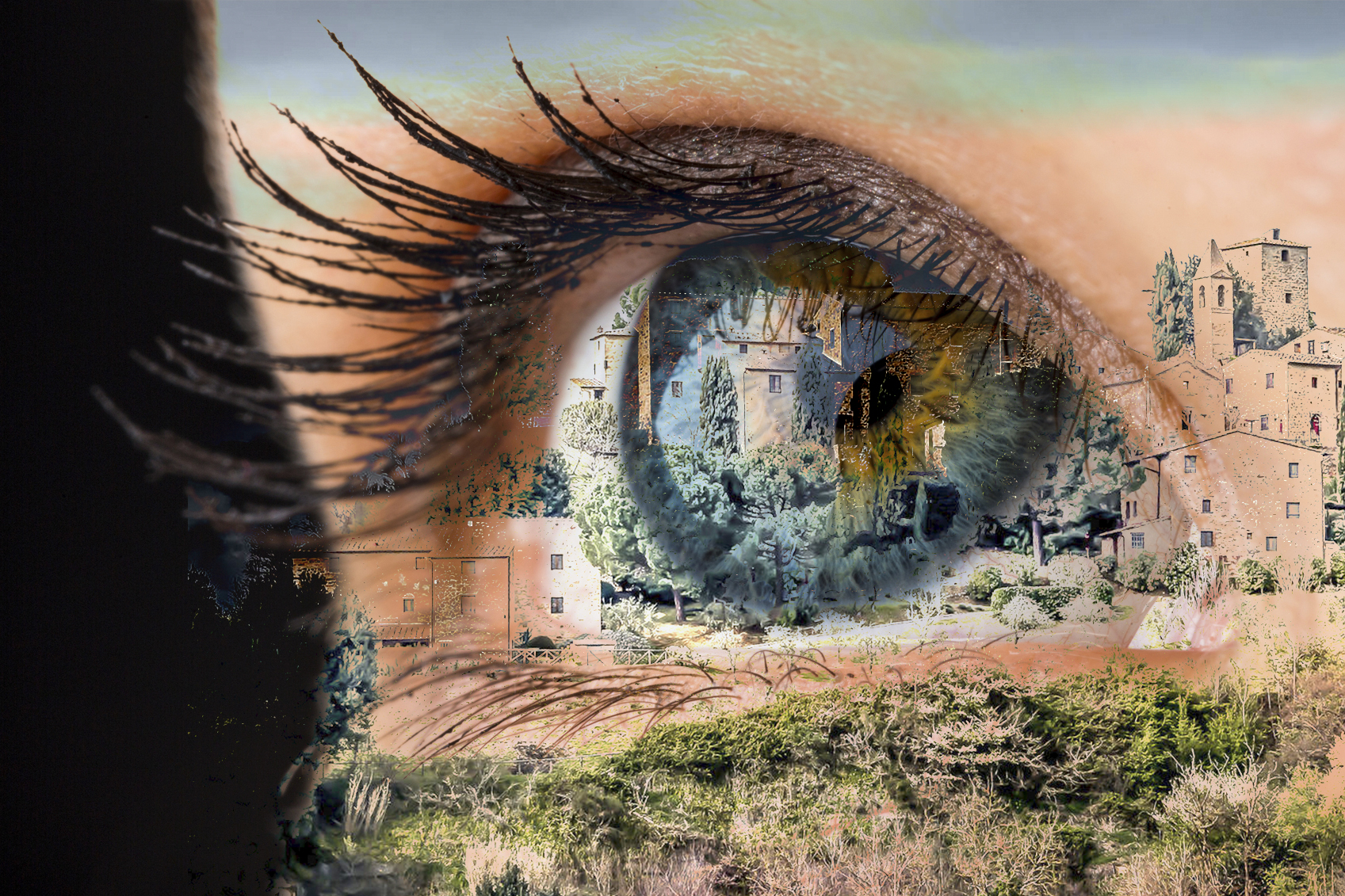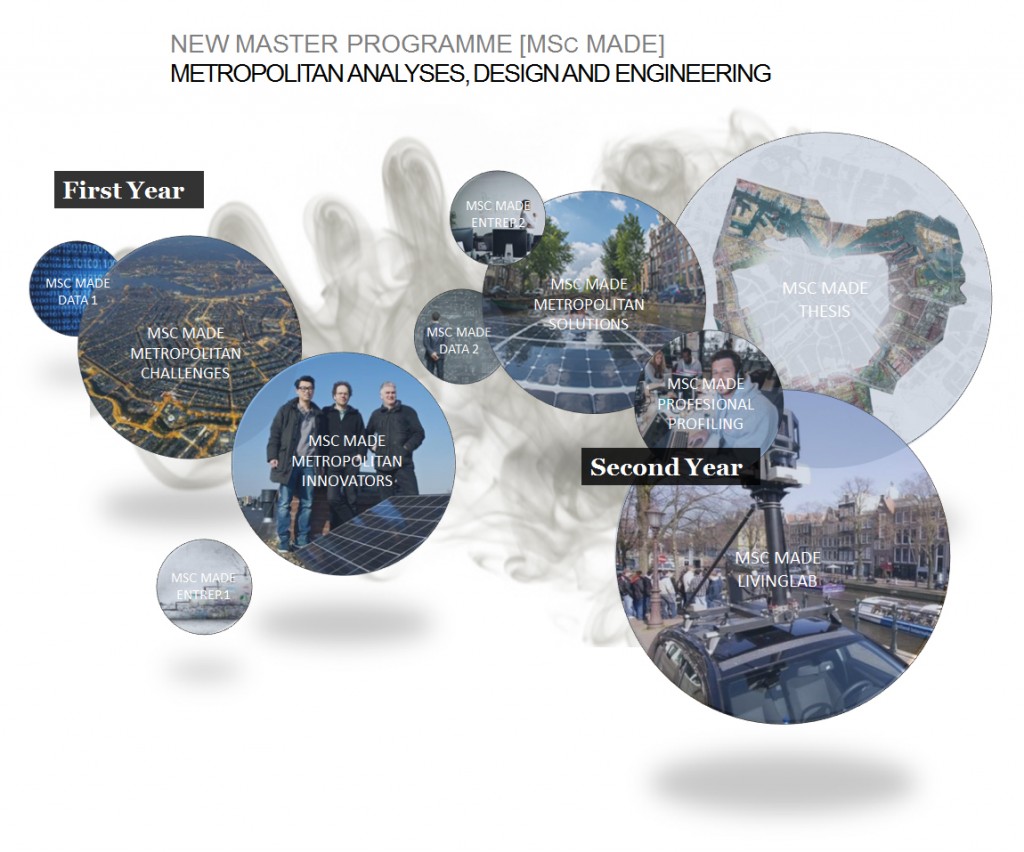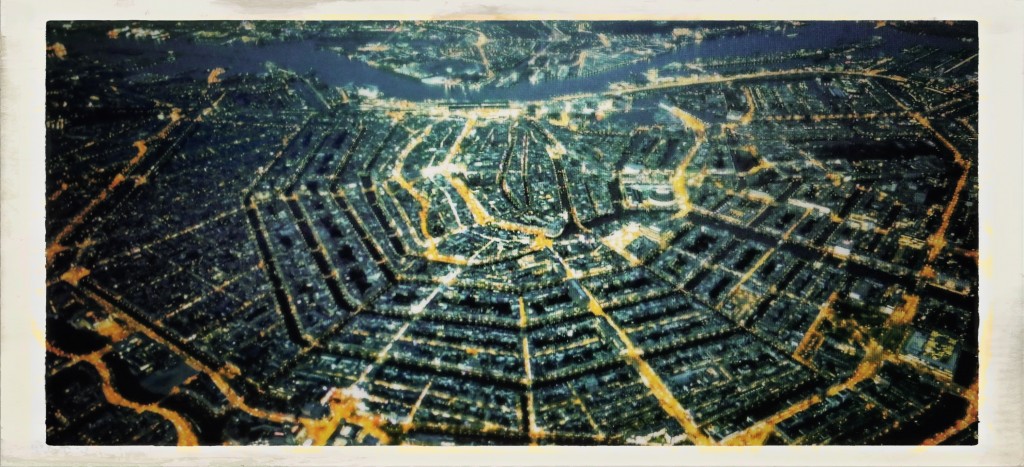The United Nations just launched the ‘UN-Habitat State of the World Cities Report 2020 on the Value of Sustainable Urbanization‘. “COVID-19 has transformed our urban world. However, it does not signify the end of cities. Urban areas hold the key to resilient, green recovery, and building back better!”, Victor Kisob, th assistant Secretary-General and Deputy Executive Director of UN-Habitat states. The United Nations emphasises that we create “value through public space”. This includes interior public spaces, which were closed due to COVID19-induced lockdowns recently. In this case, “local governments must work to provide sanitation infrastructure in all public spaces in order to mitigate the health risk”. Yet, also, “when designed with climate adaptation, mitigation and resiliency, components of cities from buildings to public spaces can create communities that enhance environmental values”. They also enhance social and economic values. “Cities can unlock the intangible value of sustainable urbanization by creating public spaces and opportunities for democratic participation and social inclusion that allow the cultural fabric of urban life to flourish”. And, public space can offer a livelihood for people to be entrepreneurial and take part of labour work. Equality plays a huge role in sustainable urbanisation. “Diversity contributes to the social, economic and environmental value of urbanization through tolerance, integration, and coming together in public spaces.” This includes for instance the representation of the urban poor, migrants, and cultural minorities, hence this should lead to prioritising “their needs in any decision-making process, be it about the urban commons, atmospheric commons, public spaces or resource use”. And, “engage a wider audience – e.g. children and youth – in urban planning and design processes for safe, inclusive and accessible public space.” Everyone should “understand their rights to access public spaces and services”. I would like to add: Our challenge is to contribute to the design of public spaces for everyone.
World Cities Report 2020




